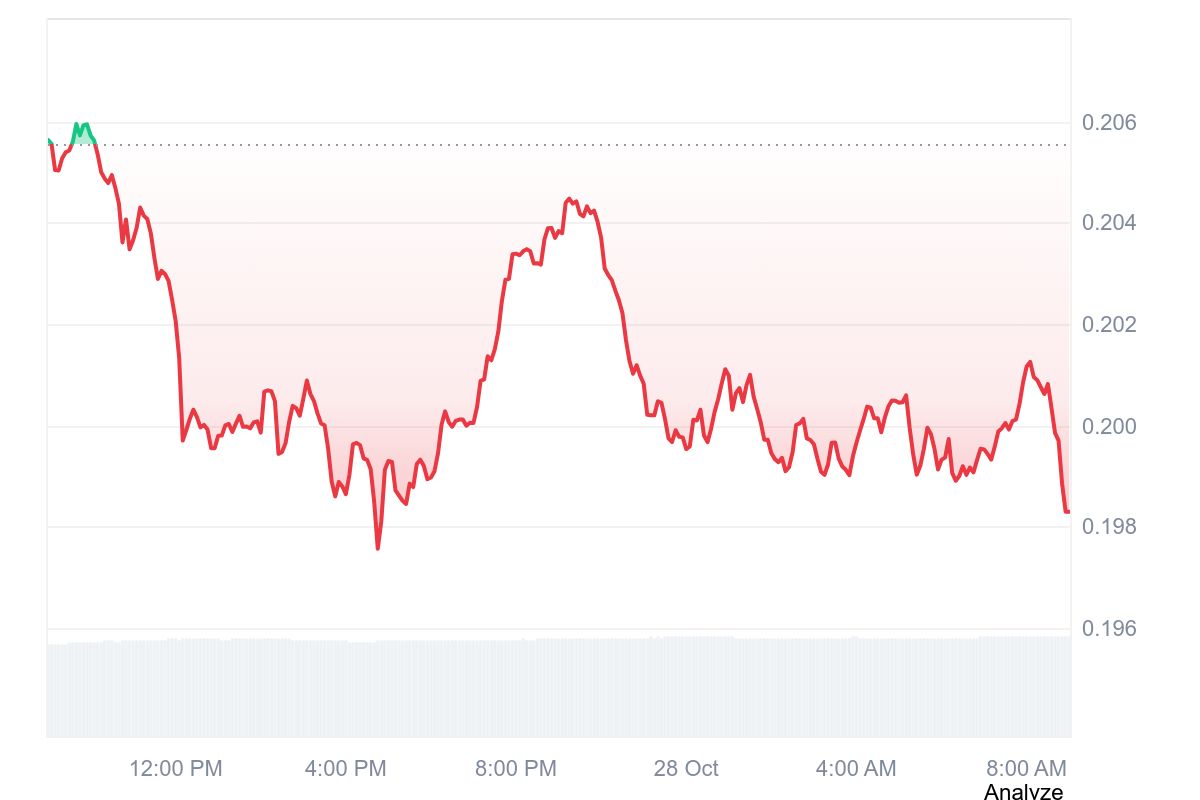The world’s largest asset management firm, BlackRock, has initiated a significant move by transferring approximately $500 million of assets via its tokenized investment fund BUIDL to the altcoin Polygon network. This transaction, confirmed by Polygon CEO Sandeep Nailwal, marks a new phase in the integration of corporate finance with blockchain technology.
BlackRock’s Move to Polygon
BlackRock’s $500 million transfer through its BUIDL fund indicates a growing confidence in blockchain-based financial infrastructure. Nailwal commented that this asset transfer represents a verified and legitimate on-chain transaction. This development has notably increased Polygon’s ability to attract institutional-level liquidity, leading to a visible rise in Total Value Locked (TVL) metrics.
The integration of the funds into the Polygon ecosystem has not only created a liquidity impact but has also highlighted the rapidly blurring lines between traditional finance (TradFi) and decentralized finance (DeFi). BlackRock’s approach to tokenized funds accelerates transformation within the financial system by enabling the secure management of cryptocurrencies within regulatory compliance.
 Altcoin Polygon POL
Altcoin Polygon POL According to CryptoAppsy data, Polygon’s mainnet asset POL coin was trading at $0.1982, having fallen by 3.54% in the last 24 hours at the time of reporting.
The Rise of Institutional Adoption
The year 2025 emerges as a period where major institutions are branching out onto different blockchain networks. BlackRock’s BUIDL fund, aligning with this trend, has deployed across seven different networks stressing the significance of institutional diversification and risk distribution. This diversification offers a blend of regulatory confidence and the transparency advantage provided by blockchain technology.
Market analysts note that such large-scale capital movements signal not just short-term but long-term structural changes. Current data suggests that institutional allocation of such scale within blockchain signifies a permanent shift towards decentralization in the finance sector. This trend is perceived as an indicator of blockchain evolving from mere technology to the infrastructure shaping the future of finance.
